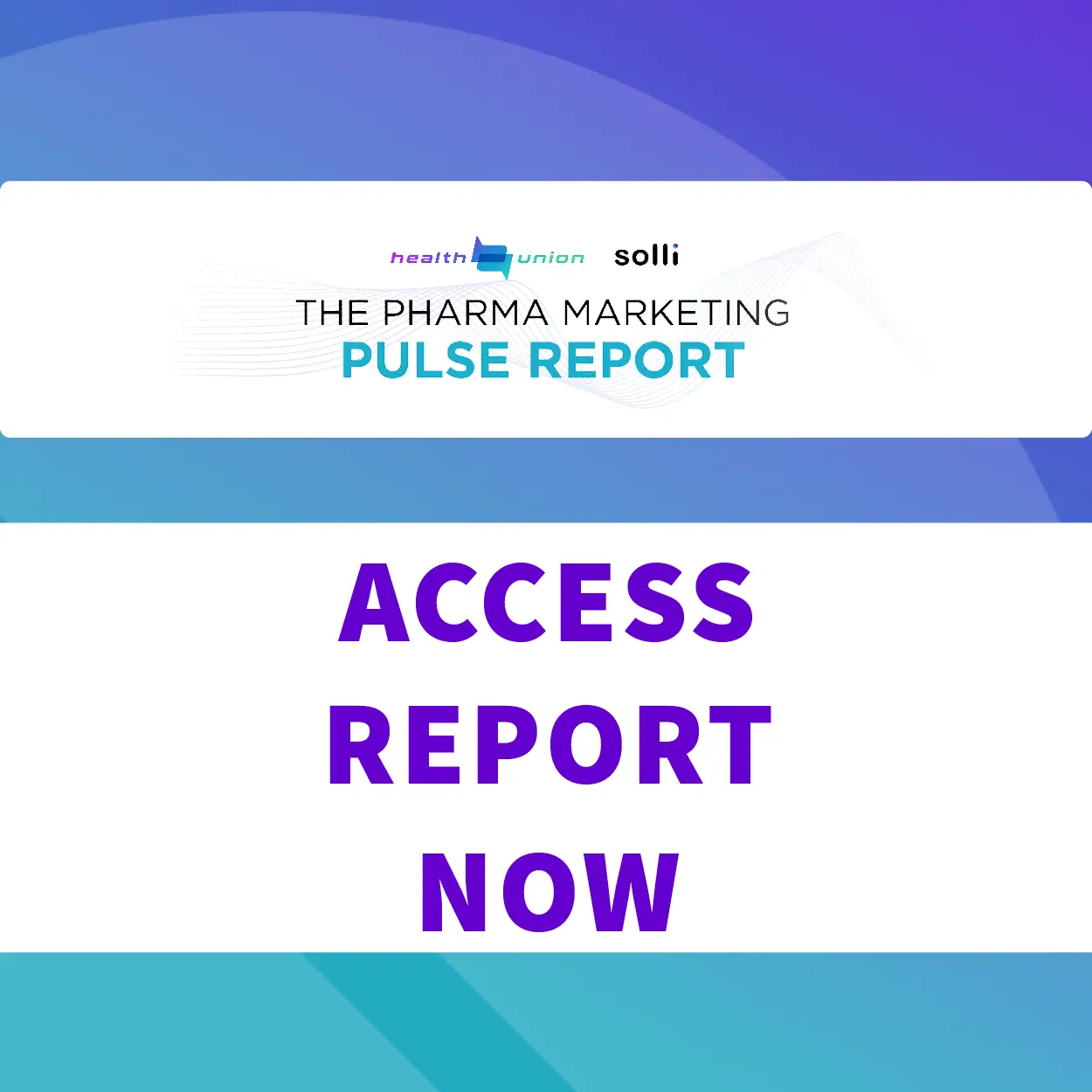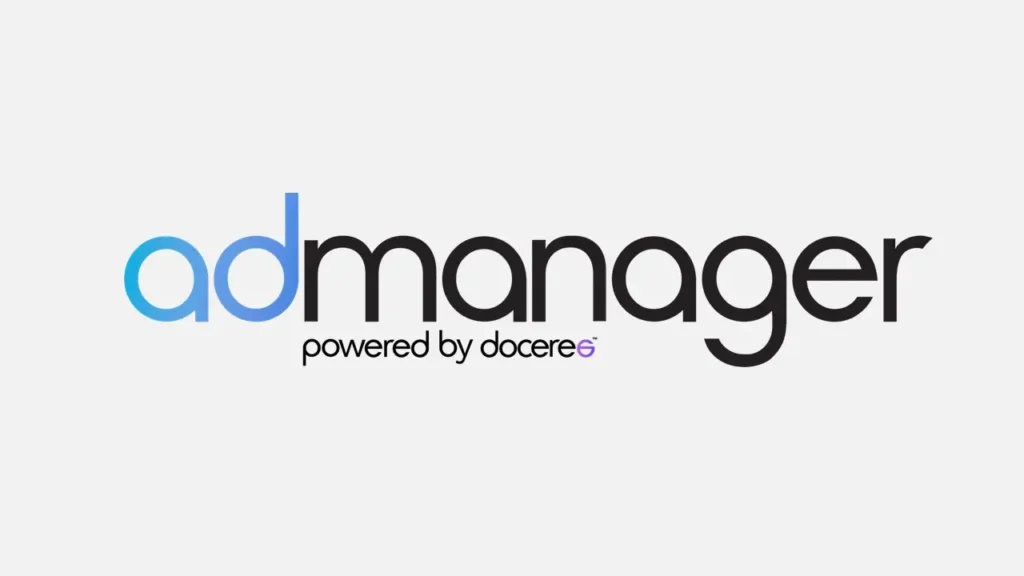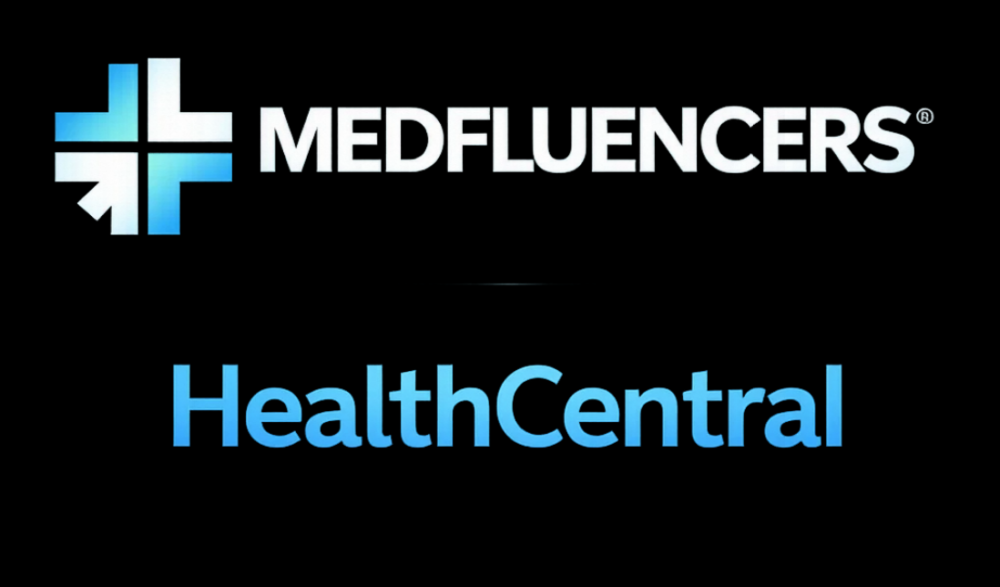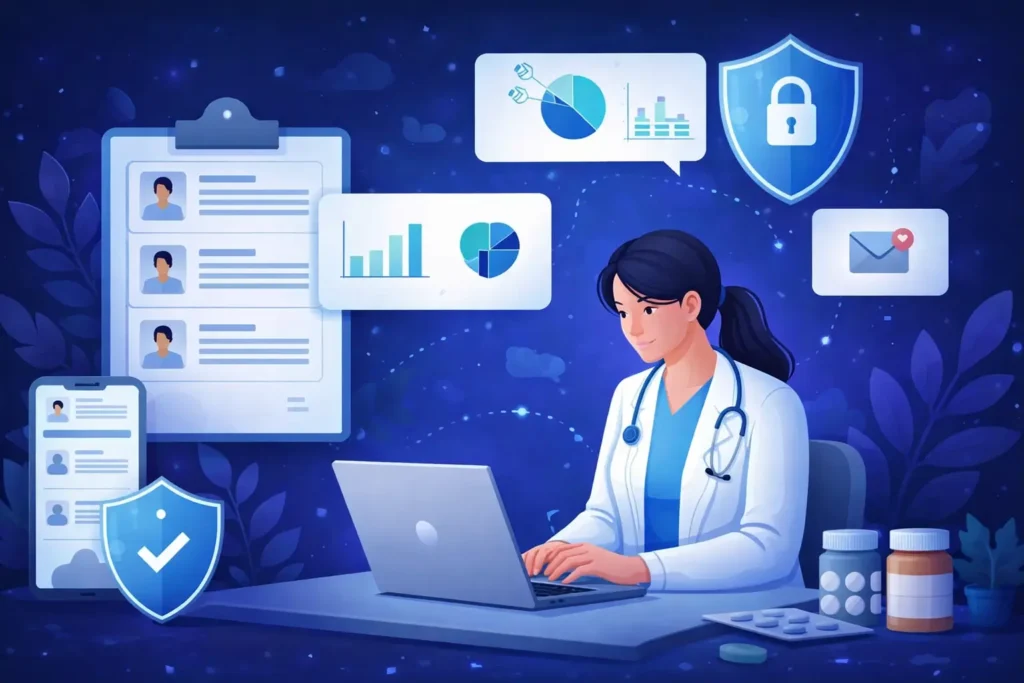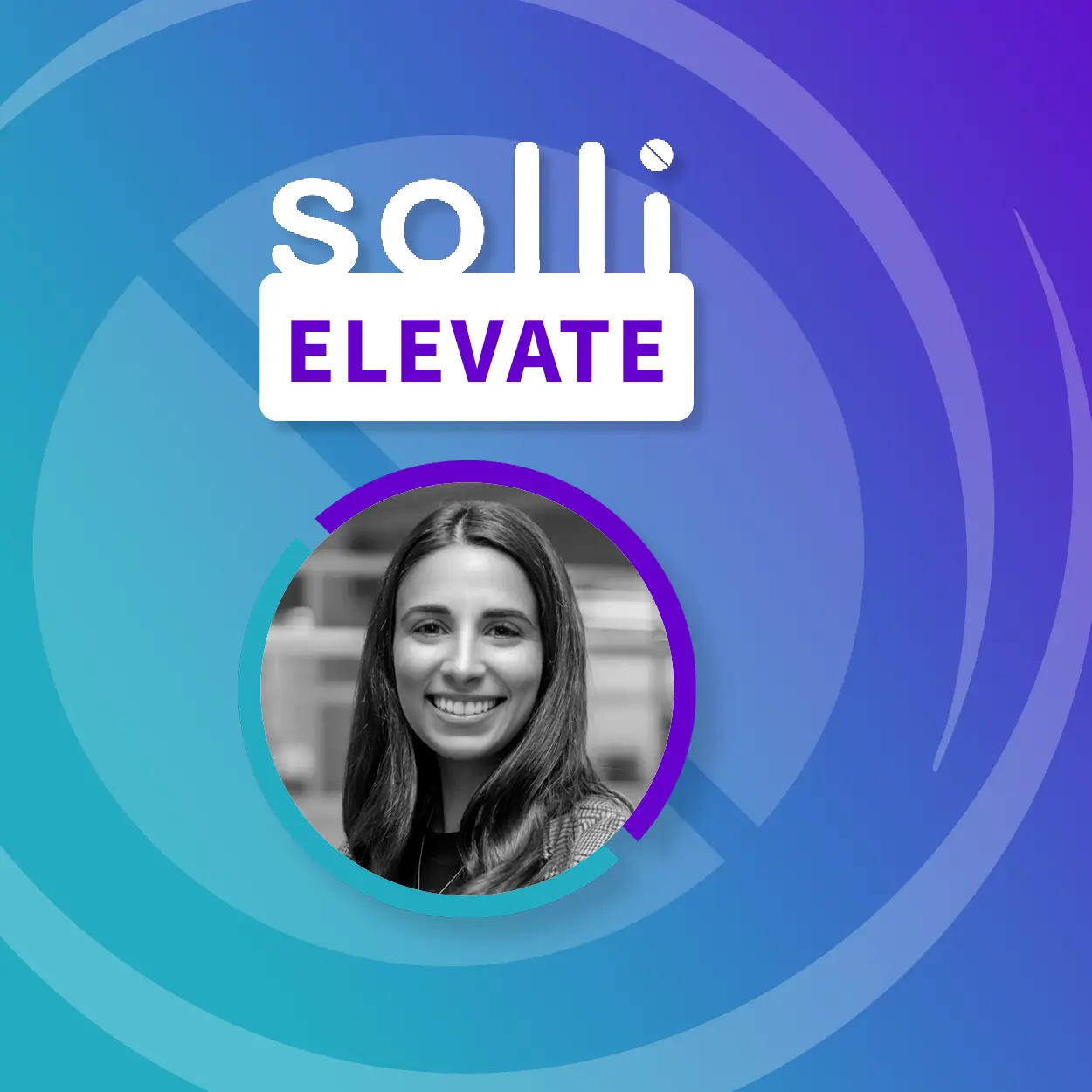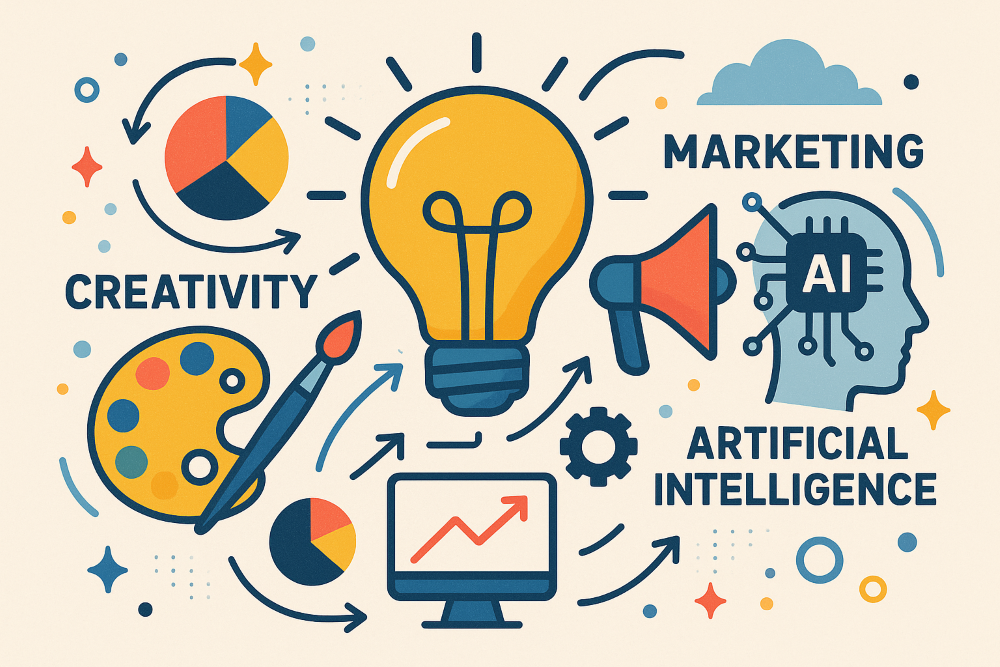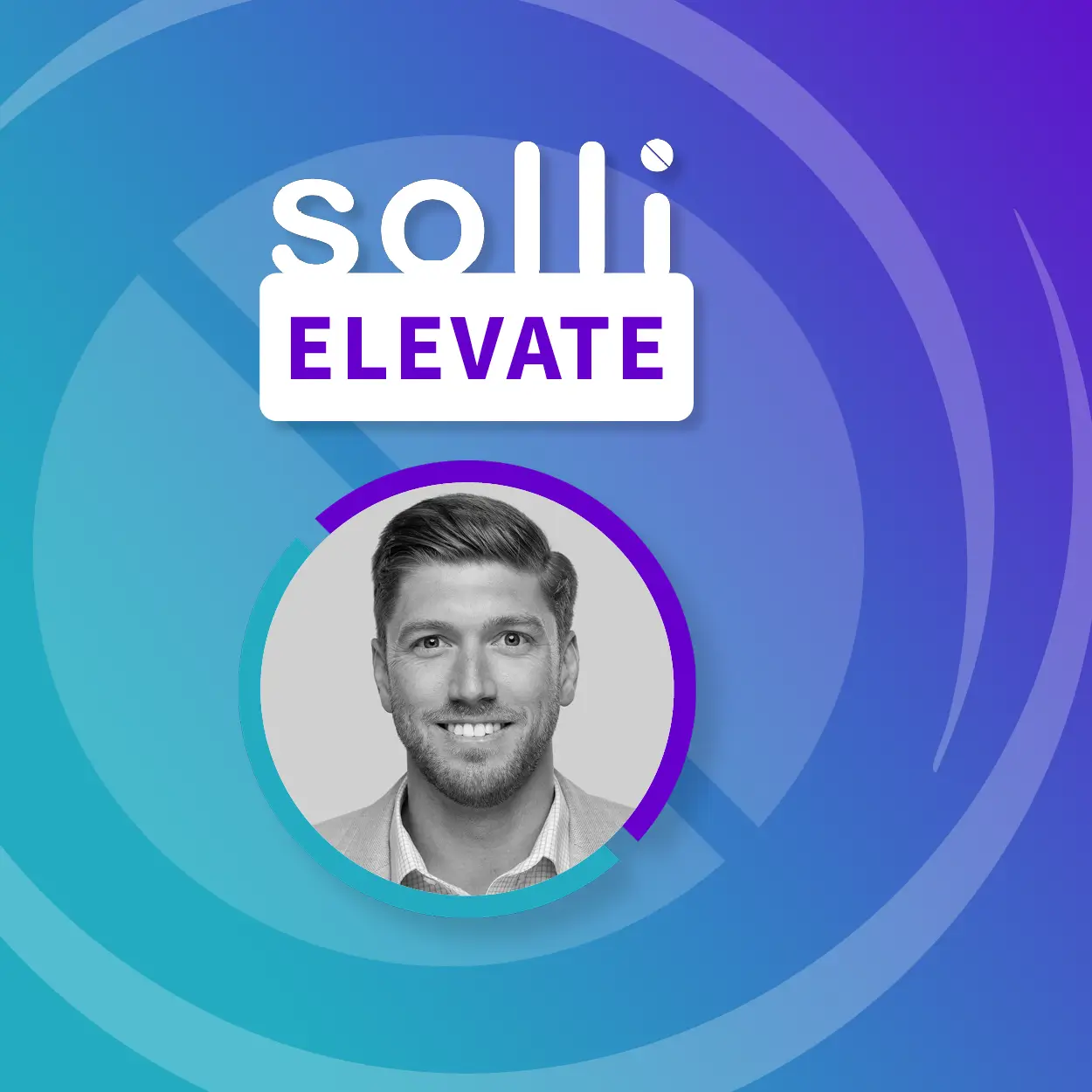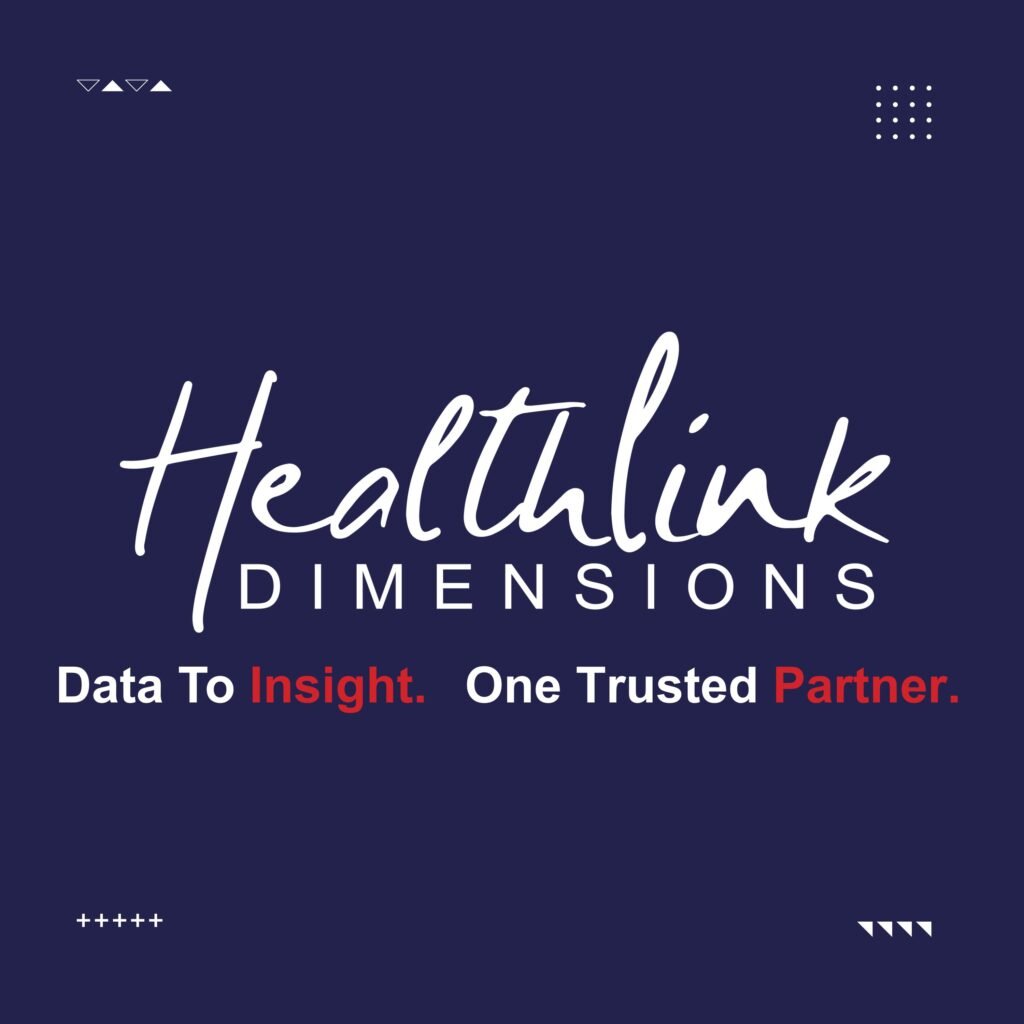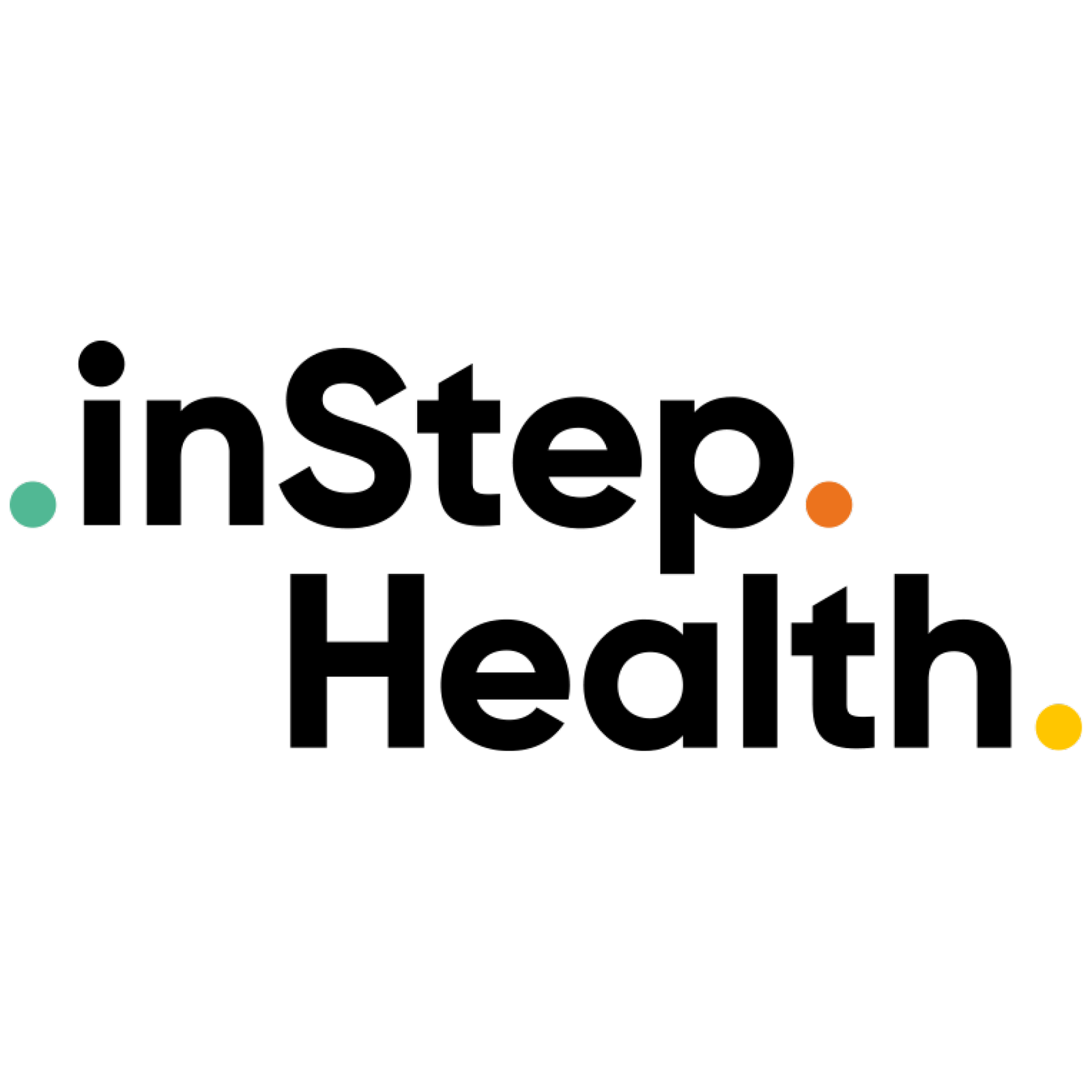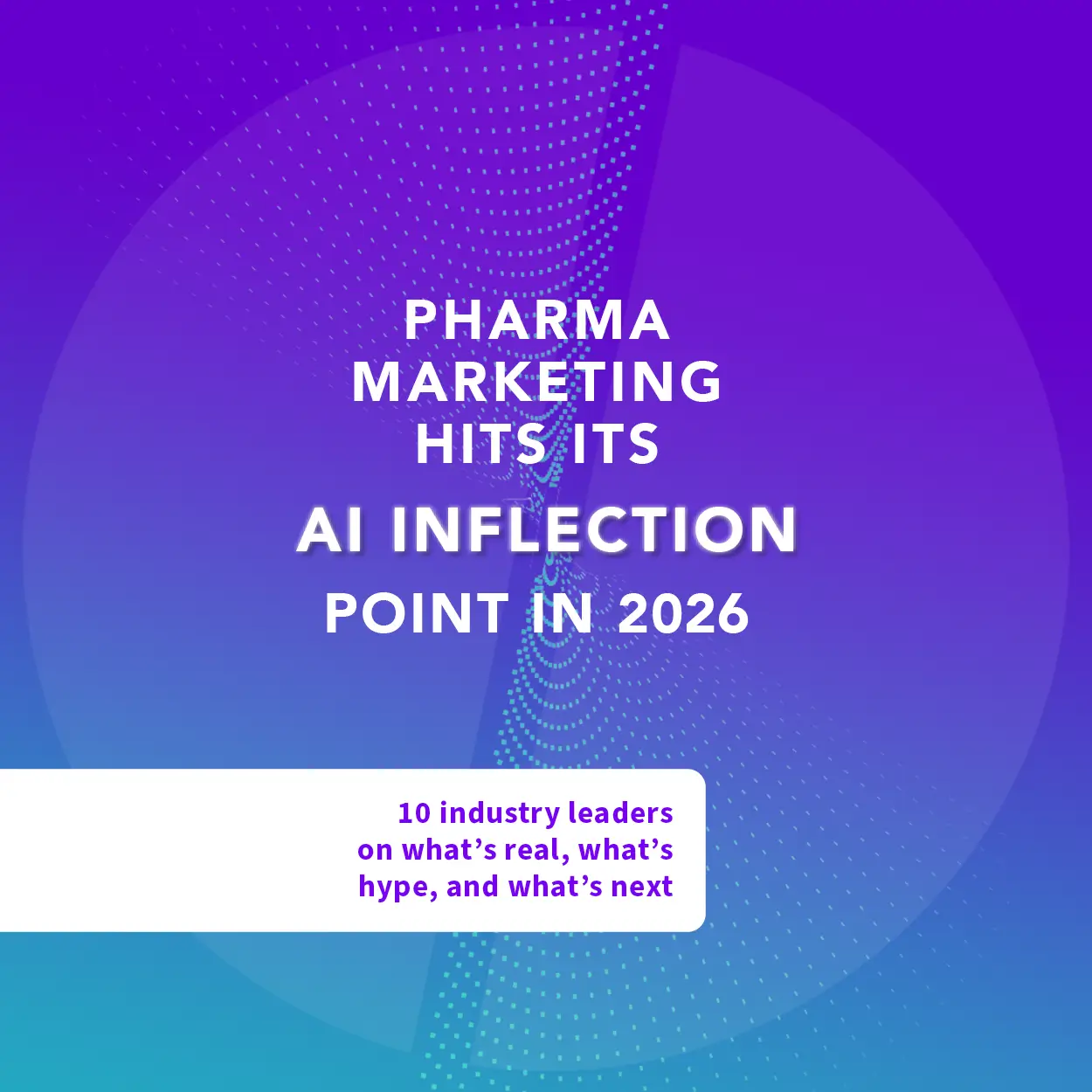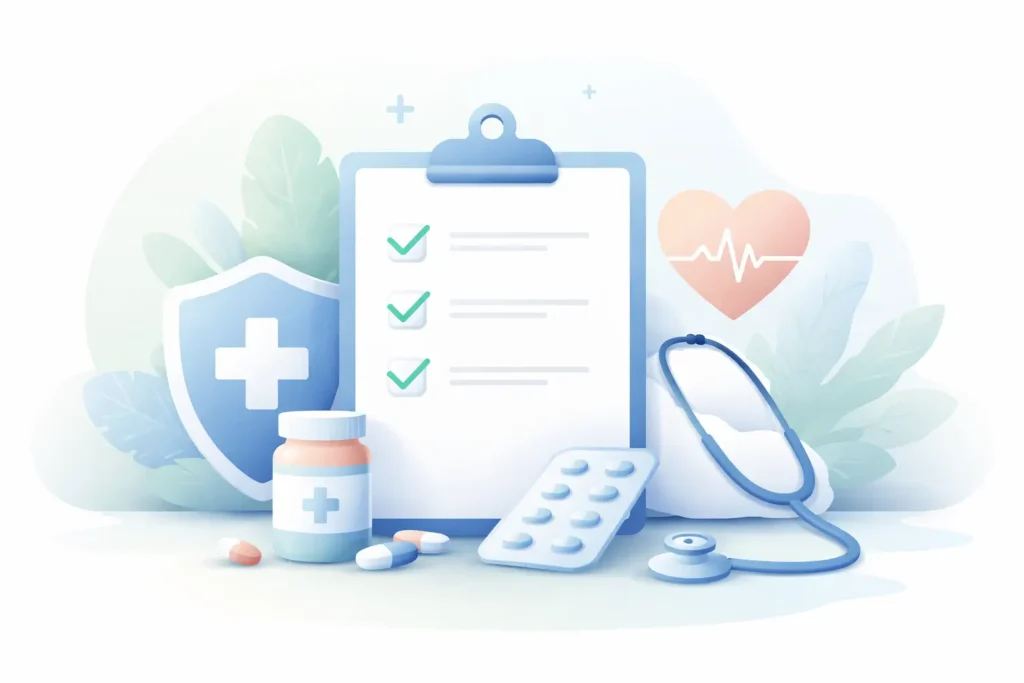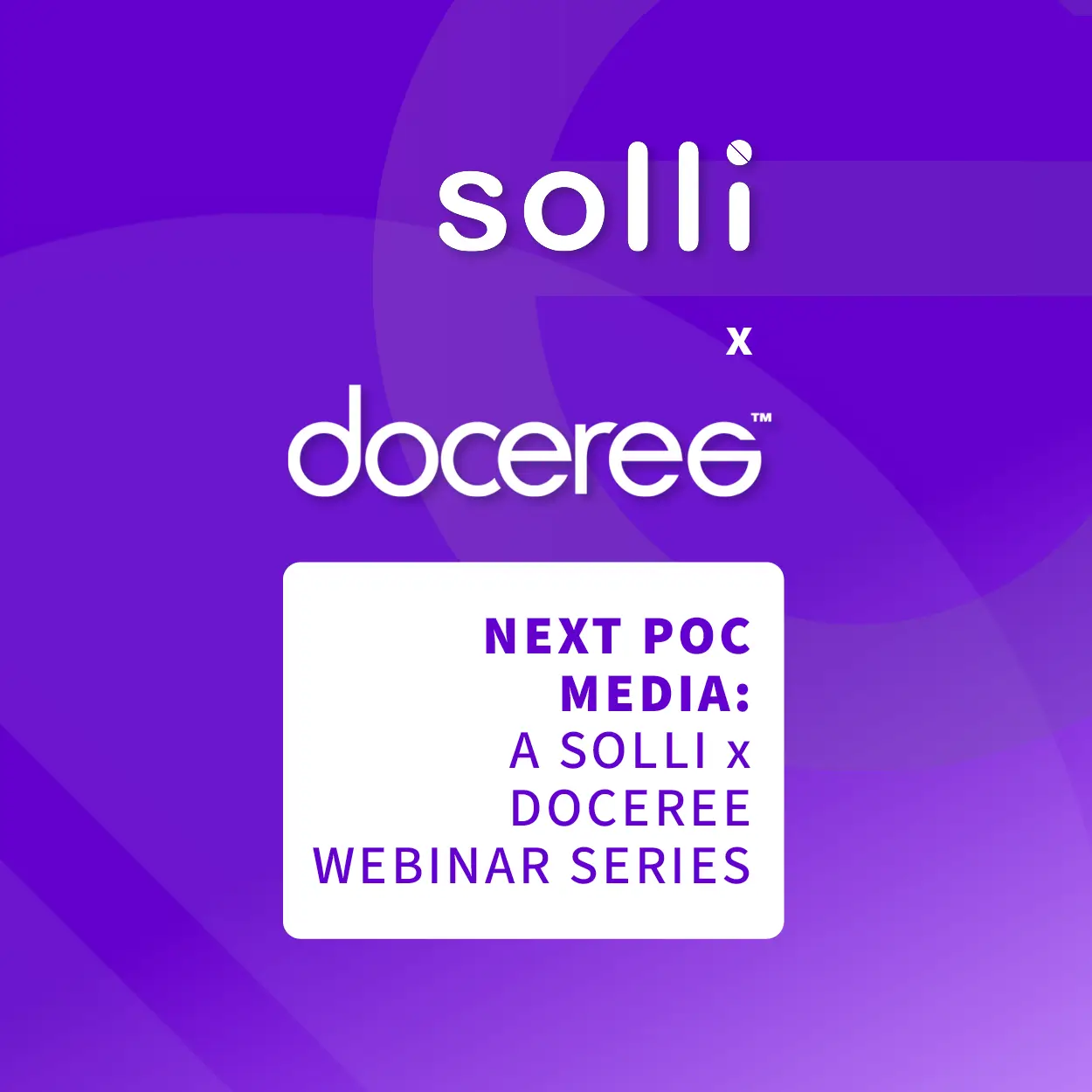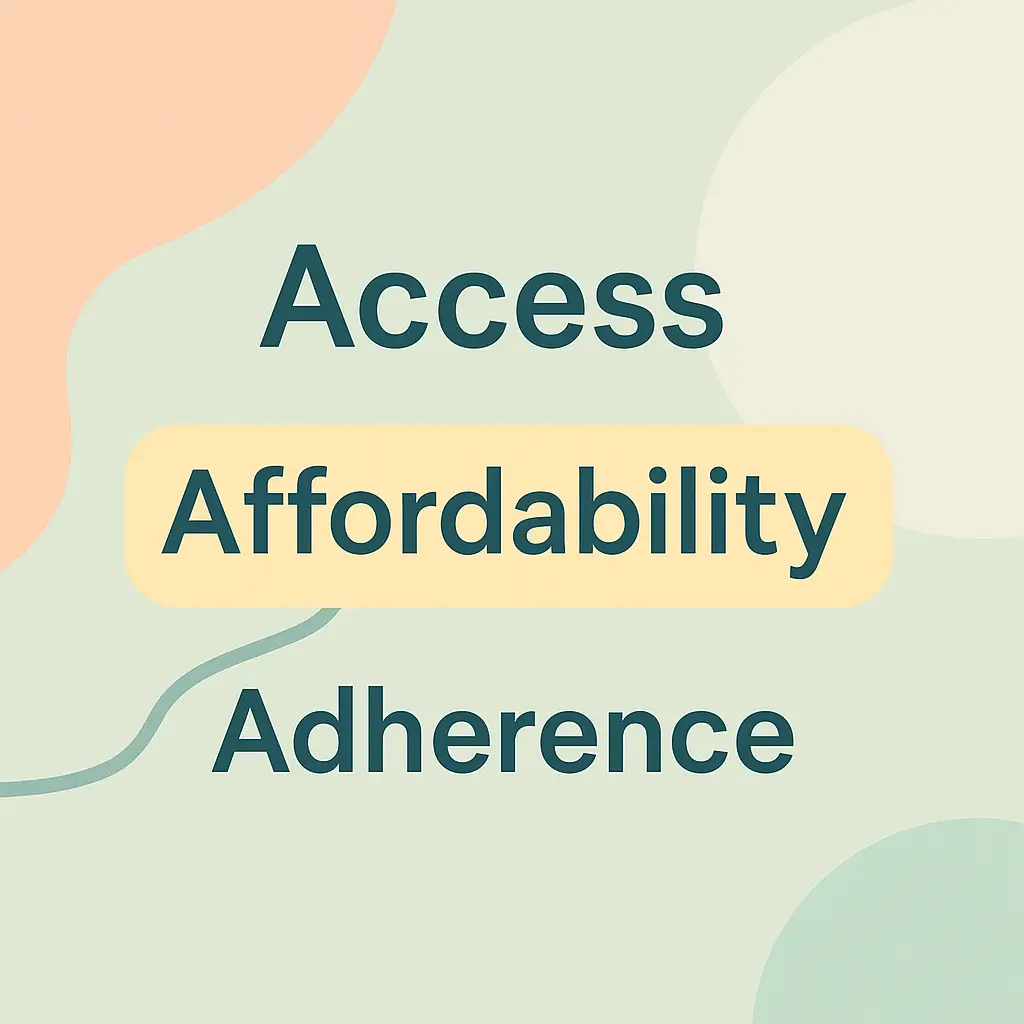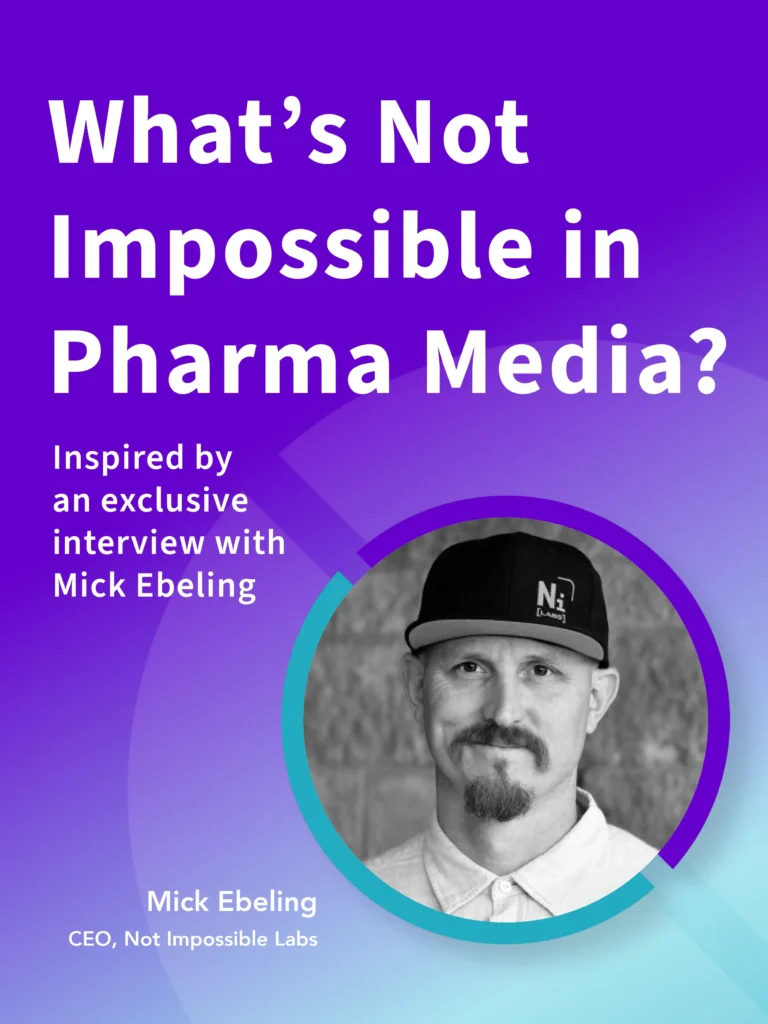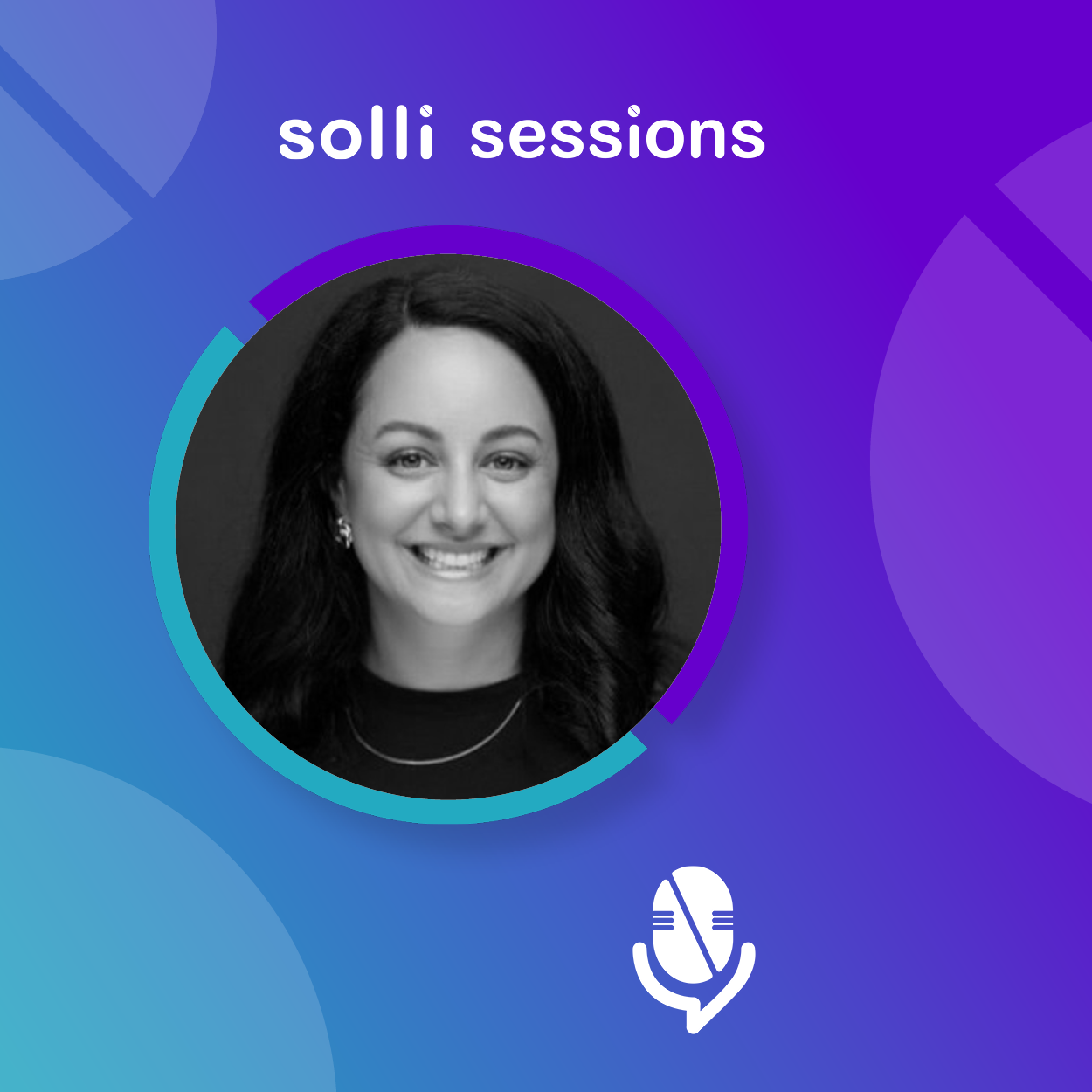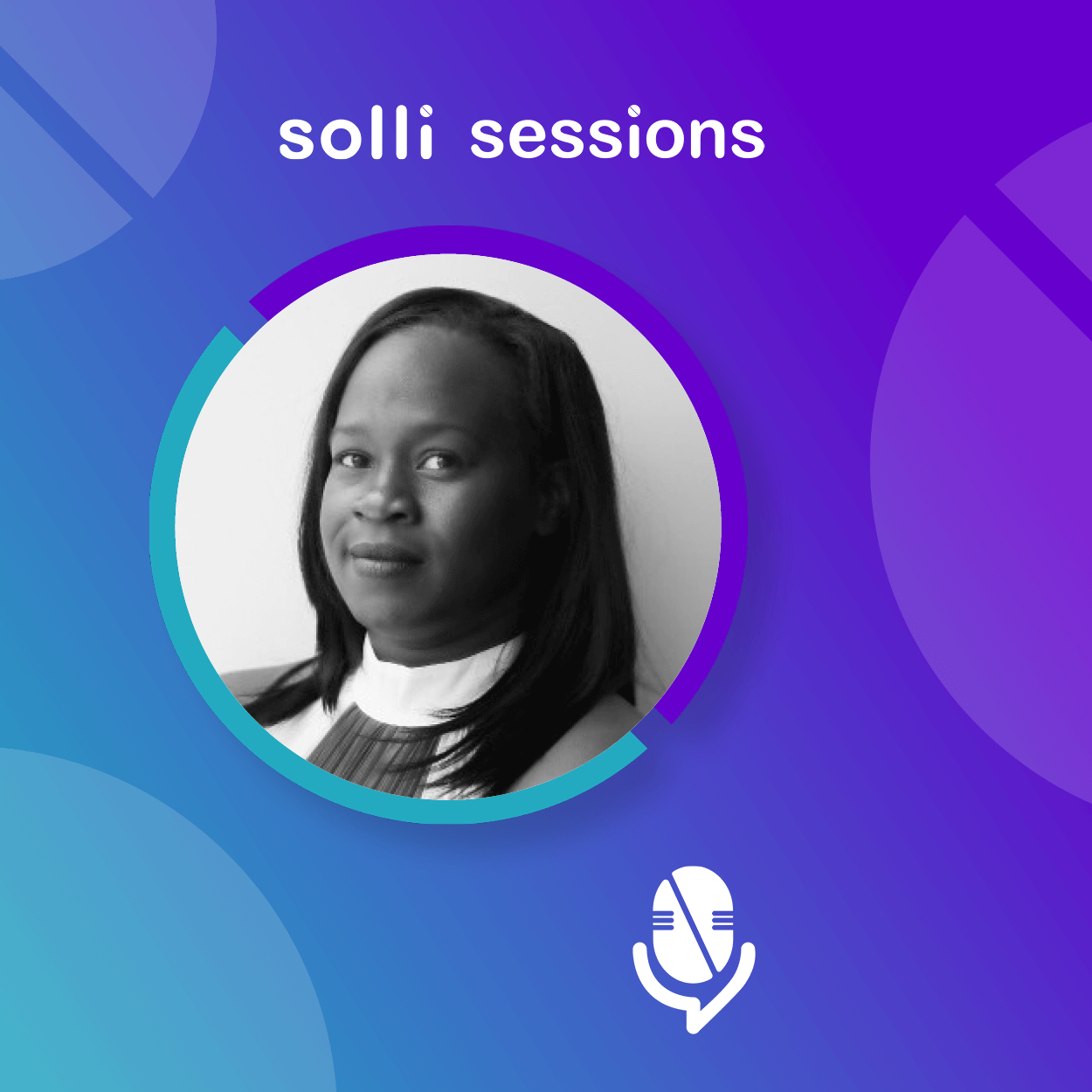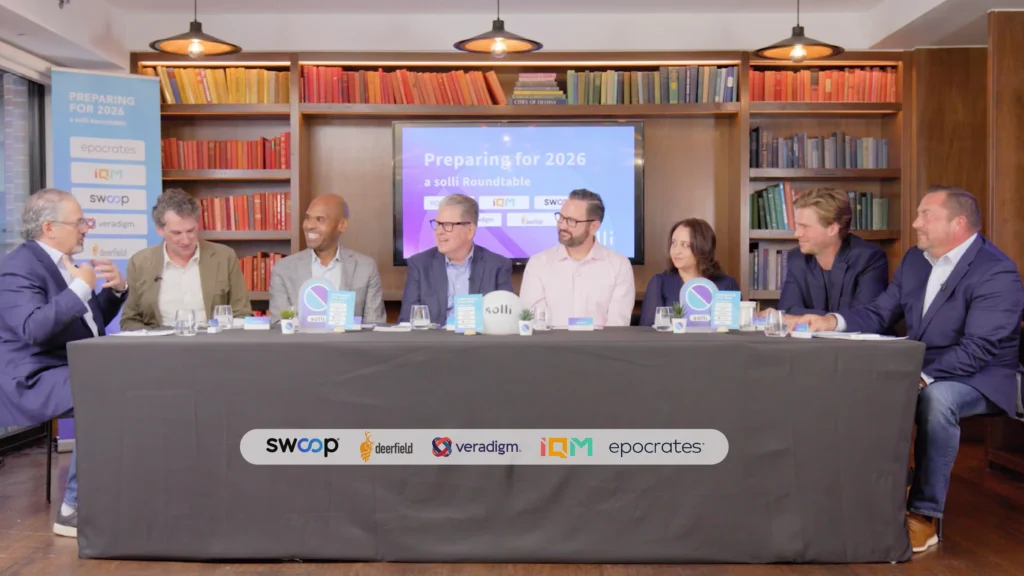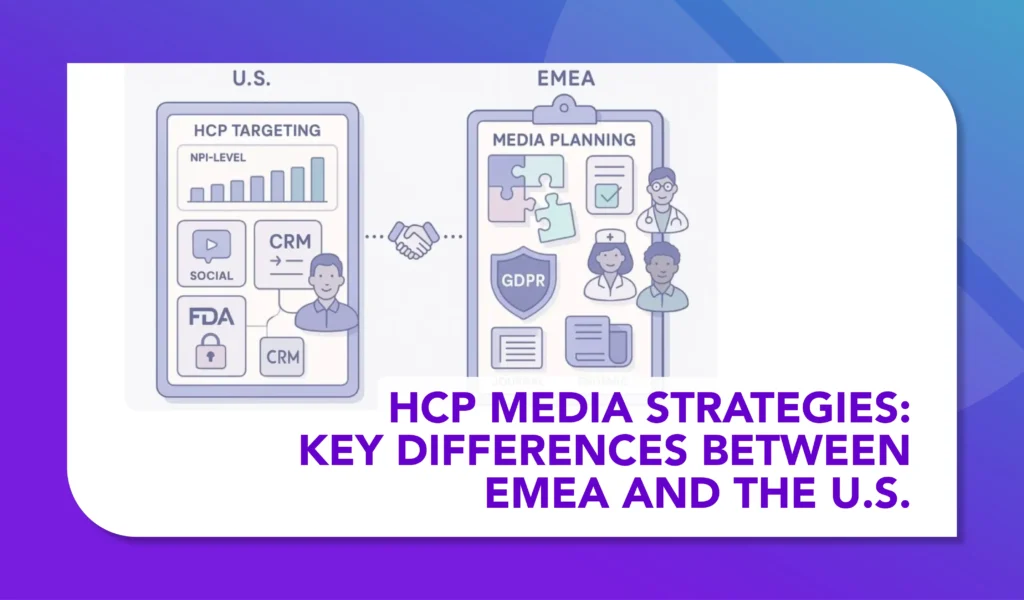Is AI Crawling Your Pharma Website?
How to Check and Why It Matters

As Search Engine Optimisation evolves, pharmaceutical and healthcare companies must stay ahead of new, dynamic technologies, to ensure their online presence remains competitive. The recent shift in search engine dominance, with Google’s market share seeing its largest decline in a decade, signals a clear decentralisation in search.
With AI-driven platforms like ChatGPT, Perplexity AI, and SearchGPT gaining traction, it is essential for pharma companies to ensure their websites are accessible to these AI tools. This accessibility is critical for maximising search visibility, improving patient and healthcare engagement, and ensuring accurate medical information dissemination.
Why Pharma Companies Should Care About AI Crawling
AI-powered search engines and chatbots are increasingly being used by patients, healthcare professionals, and researchers to find medical information. If your pharmaceutical website is not being crawled by these AI bots, you risk missing out on significant search traffic and visibility. Ensuring AI accessibility means your content – whether it’s drug information, clinical trial updates, patient education materials, or regulatory guidance – can be surfaced in AI-driven responses.
How to Determine If AI is Crawling Your Pharma Website
Understanding whether AI bots are accessing your website is crucial for online visibility and HCP / patient reach. There are multiple ways in which you can check your website’s AI crawlability, two of which are detailed below:
Method 1: Manually Review Log Files
If you have access to your website’s cPanel or server logs, you can directly check for AI bot activity. Follow these steps:
-
- Download log files from your hosting provider.
- Search for AI user-agent names (e.g., ‘ChatGPT’, ‘PerplexityBot’, ‘OpenAI’).
- Analyse access data, including timestamps, HTTP status codes, and accessed URLs.
For example, if a log entry shows OpenAI’s ChatGPT bot successfully crawling a clinical trial page, it confirms that your content is accessible to AI-driven search engines. This insight allows pharma marketers to assess which pages are gaining AI visibility and which might require optimisation.
Method 2: Use a Log File Analyser
A more efficient approach is to use a log file tool such as Screaming Frog’s Log File Analyser. It automates the process and provides structured insights, including:
- The AI bots crawling your website.
- The frequency of AI bot visits.
- The specific pages accessed by AI bots.
- HTTP response codes to ensure successful indexing.
By leveraging these insights, pharma companies can refine their content strategy, ensuring that essential drug information, medical research updates, and compliance-related content are readily available through AI-driven platforms. Additionally, if your website uses Cloudflare, you can check Cloudflare’s analytics dashboard to see which AI bots have accessed your site, providing another layer of insight into bot activity.
What to Do Next?
Once you’ve confirmed that AI bots are crawling your site, the next steps involve:
- Expanding the scope of AI accessibility – Ensure that all critical content, including regulatory updates, prescribing information, and patient support resources, is crawlable.
- Monitoring AI-driven traffic trends – Regularly analyse log files to identify shifts in AI crawl activity and emerging patterns.
- Optimising for Answer Engine Optimisation (AEO) – Structure content in a way that improves AI-generated responses, including using structured data and clear, authoritative medical information.
- Ensuring compliance and accuracy – As AI bots pull data from your site, maintaining regulatory compliance and accuracy in pharmaceutical information is non-negotiable.
Conclusion
With AI search tools reshaping how online information is discovered, pharmaceutical companies must proactively ensure their websites are AI-friendly. Regular log file analysis helps confirm AI bot accessibility, revealing opportunities for improved content strategy and patient engagement. As the search industry evolves, pharma companies that prioritise AI optimisation will stay ahead in delivering accurate and accessible medical information to their key audiences.
Aimee Talbot, Head of Data & Innovation at Varn Health

